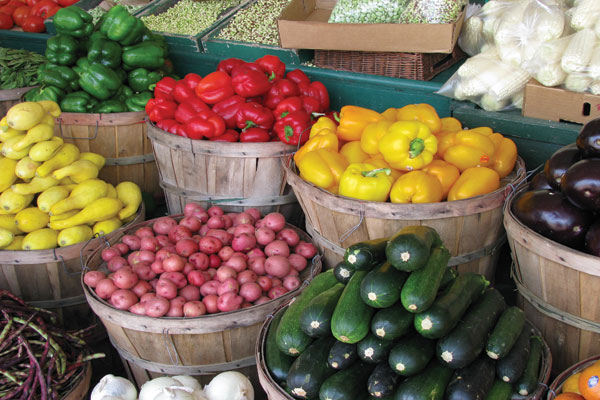Mayor Jim Watson revealed Ottawa’s 2020 draft budget on Wednesday
The City of Ottawa tabled a draft for its 2020 budget on Wednesday, which revolves around a proposed operating budget of $3.76 billion in spending to improve city operations and services, an increase of about $137 million over last year.
The budget’s key commitments, which were introduced at city hall by Mayor Jim Watson, include investing in a more reliable public transit system, improving affordable housing, and bridging the infrastructure gap.
“The choices we make today – and through these upcoming discussions – will set the path to what we want our city to look like in 10, 20 and even 50 years from now,” said Watson in his speech.
The draft plan includes funnelling $7.5 million into the city’s muddled transit system, an investment that Watson said will “improve service reliability, increase capacity, reduce waiting times and provide new connections to growth areas.”
“I want to take a moment to recognize and acknowledge that there have been times over the last few weeks where both our bus and LRT service has been challenged,” he said. “As a city, we need to do better.”
An additional $2 million will go towards improving transportation services for Para Transpo users, while $6 million will fund OC Transpo’s electric buses pilot project. $43 million will be spent on replacing 63 old buses.
“We have heard loud and clear that riders … want better dependability in their bus service,” he said.
In terms of improving affordable housing, the city is putting forth $15 million to help build affordable housing units, a figure that Watson said repeats last year’s record as the largest in Ottawa’s history.
“Housing affordability affects us all — and as the vacancy rate drops, prices rise,” he said. “Seniors, the working poor, newcomers and others on fixed incomes all face struggles with their finances. Increasing prices and higher taxes also increase the risk of homelessness.”
He added that $31 million will go towards funding housing and homelessness agencies, which will support programs such as case management, housing loss prevention and operating funding for supportive housing.
“I look forward to working closely with … all members of council on providing more housing for the most vulnerable members of our community,” he said.
Investments to help maintain and renew roads, sidewalks and facilities will see an increase of $22.5 million, bringing the total to $151 million invested in 2020 — an increase of 18 per cent over 2019.
“Because of these investments, the existing infrastructure funding gap will be fully addressed within seven years – instead of the projected 10 years – while adding no new debt,” said Watson.
He added that concerns have been voiced during budget consultations regarding “a need to do a much better job of improving our roads, sidewalks, pathways and facilities.”
The 2020 budget is increasing the city’s snow and ice clearing operations by $5.6 million for a total of $78.3 million, a 7.7 per cent increase over 2019. Of that $5.6 million increase, around $2.9 million will go towards sidewalk maintenance.
“We are getting away from a ‘one size fits all’ approach, and salt, sand and grit will be available across all areas,” said Watson.
The budget has also allowed for the creation of an anti-racism secretariat for the City of Ottawa, an idea that was brought forth by Rideau-Rockcliffe Coun. Rawlson King.
“(King) worked tirelessly on this idea – in consultation with councillors and my office – and his hard work will see this initiative move forward next year,” said Watson. “This secretariat will target systemic racism by building an anti-racism approach into the way our city government develops policies, makes decisions, evaluates programs and monitors outcomes.”
While the final budget won’t be determined by council until Dec. 11, Watson said that the draft budget “strikes the right balance between social and fiscal responsibility.”
“This balanced approach positions Ottawa for continued growth, prosperity and livability,” he said.
Read More:
- OC Transpo brings back some buses as LRT issues persist
- Students share mixed feelings about new LRT, OC Transpo route changes
- Ottawa gets all aboard the LRT on opening day





